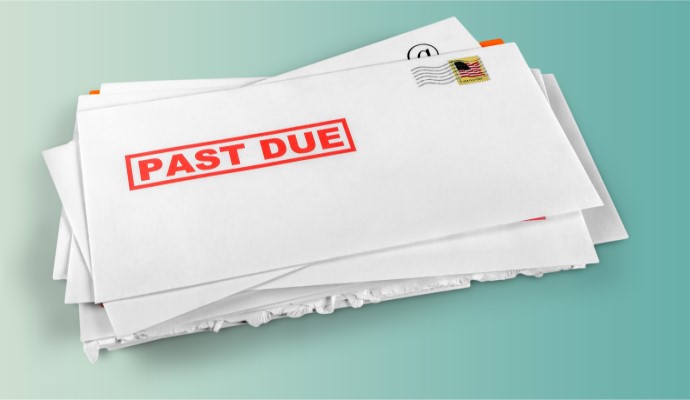NY Gov. Signs Legislation Prohibiting Property Liens Over Medical Debt
The legislation furthers Governor Hochul’s goal to protect New Yorkers from abusive financial practices and address medical debt among consumers.

Source: Getty Images
- New York Governor Kathy Hochul has signed legislation aiming to protect patients with medical debt from facing wage garnishment or liens on their property.
“No one should face the threat of losing their home or falling into further debt after seeking medical care,” Governor Hochul said in the press release. “I’m proud to sign legislation today that will end this harmful and predatory collection practice to help protect New Yorkers from these unfair penalties. With medical debt a burden for far too many, this is an important step to address this crucial issue.”
Senate Bill S6522A/A7363A modifies the civil practice law and aims to prohibit healthcare providers from placing liens on an individual’s primary residence or garnishing wages to collect medical debt. The legislation builds on Governor Hochul’s goals to protect New York’s consumers and improve their financial health, as outlined in her 2022 State of the State Address.
Her initiatives included addressing medical debt and shielding consumers from abusive and punitive practices that lead to increased and unjustified financial pressure.
More than 50,000 New Yorkers have been sued for medical debt over the past five years, according to the press release. The issue is most prominent in Upstate New York.
Before the bill’s signing, healthcare providers and hospitals could impose and enforce liens on a patient’s primary residence to satisfy a judgment in a medical debt lawsuit. A lien is a legal claim against property that can be used as collateral to repay a debt.
Property liens have led to housing instability and severe financial consequences for New York residents.
Wage garnishment occurs when an individual’s earnings are required by court order to be withheld by an employer for the payment of debt, including medical debt. This can lead to even more financial challenges for patients.
“New Yorkers should not fear losing their homes or livelihoods as a result of seeking medical care, especially during such challenging financial times,” New York State Senator Gustavo Rivera said.
“I want to thank Governor Hochul for signing my bill into law to protect New Yorkers from facing liens on their homes or wage garnishment by medical institutions in their effort to collect medical debt. We must work together to eradicate medical debt from our state and I am thrilled that we are taking this important first step.”
A 2021 report found that 56 nonprofit hospitals in New York placed liens on more than 4,880 patient homes over unpaid medical debt between 2017 and 2018. Most of the liens occurred in rural and poor counties.
According to industry experts, aggressively pursuing medical debt against patients who cannot afford their bills topped the list of things hospitals should never do.
Data from the Kaiser Family Foundation (KFF) found that 41 percent of Americans have medical debt. Nearly half owe $2,500 or more, and debt was more common among people with low income and education, women, and Black and Hispanic adults.
What’s more, nearly two-thirds of consumers do not know if their physicians or hospitals offer payment plans or financial assistance programs to help cover medical bills, according to a survey from YouGov and AKASA. This can dissuade consumers from receiving healthcare services or increase the possibility of them being saddled with medical debt.
